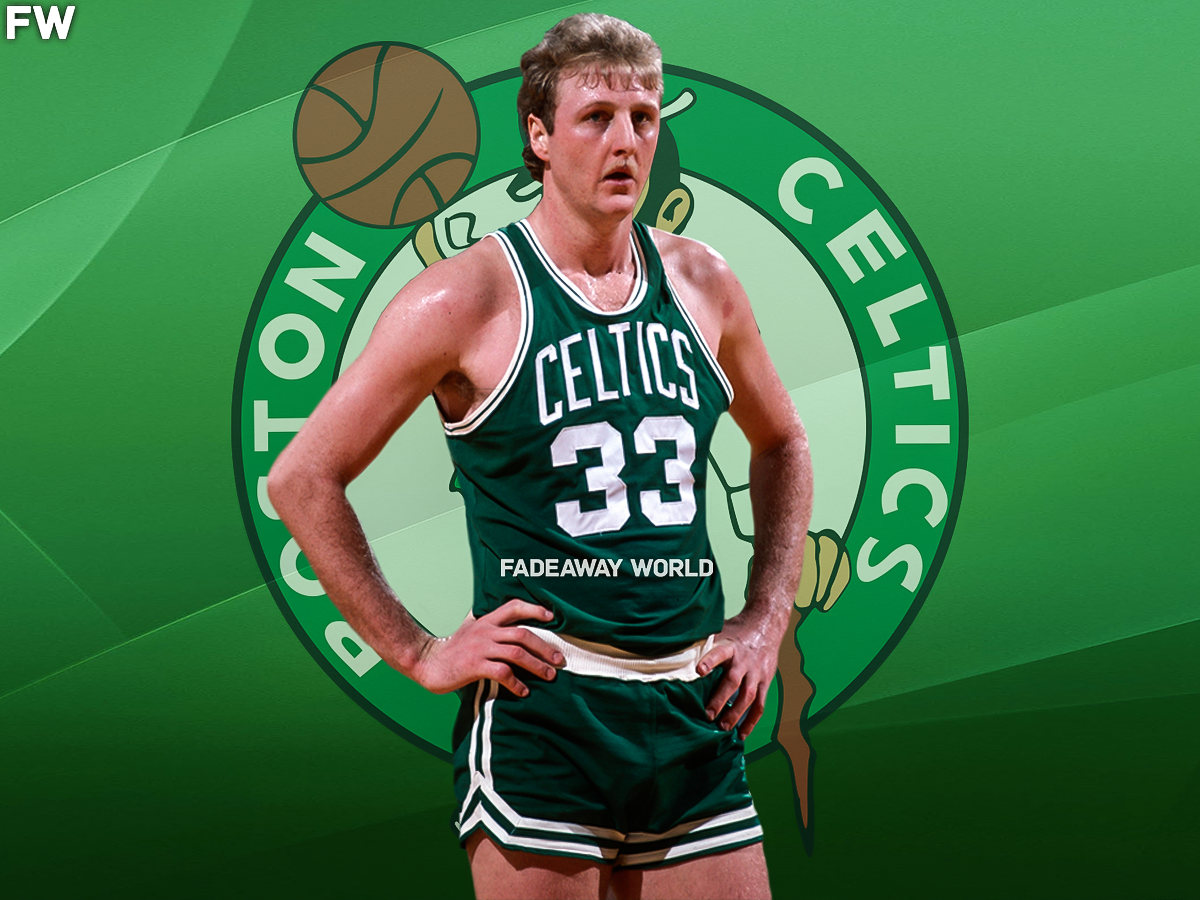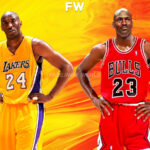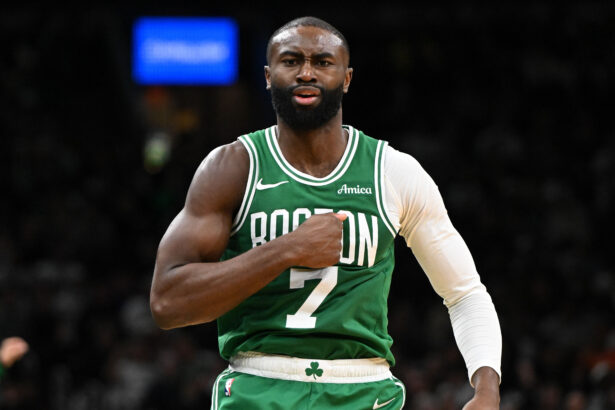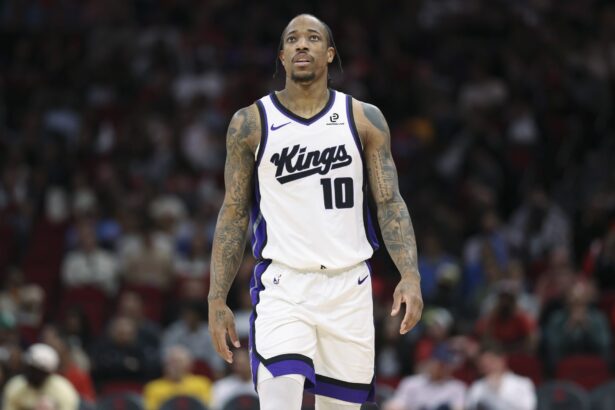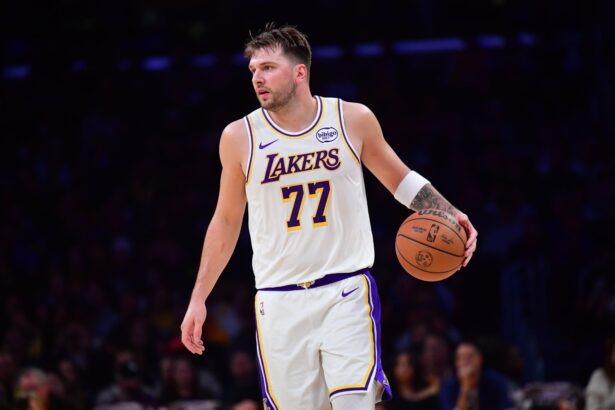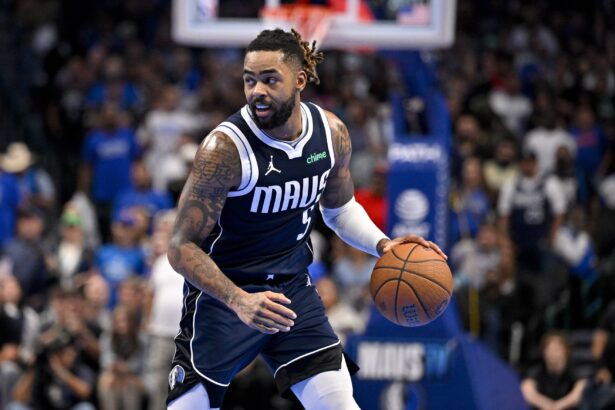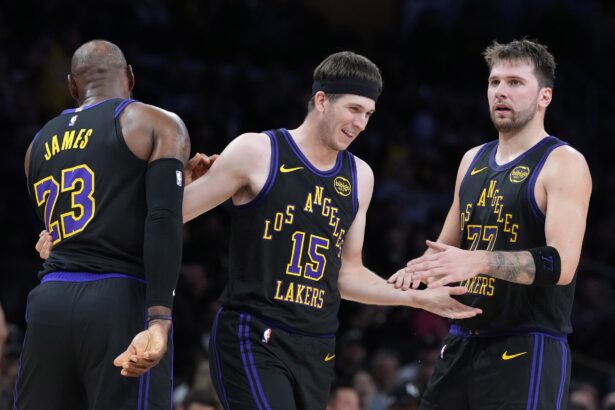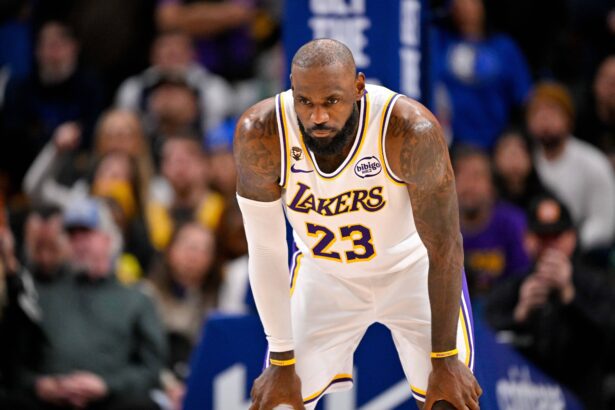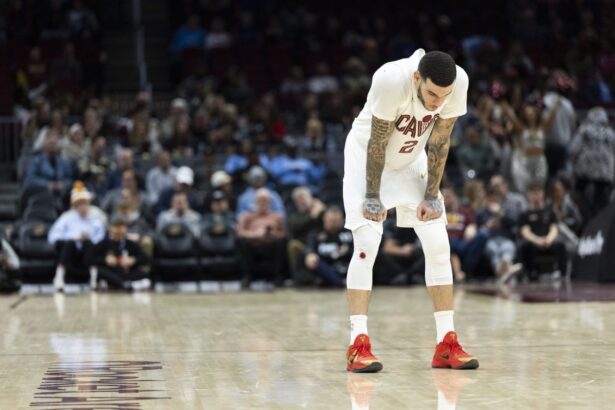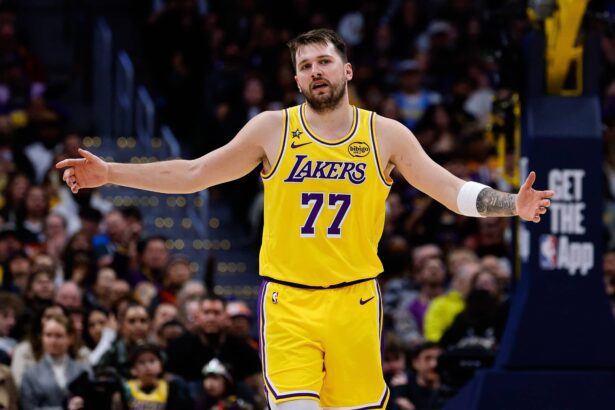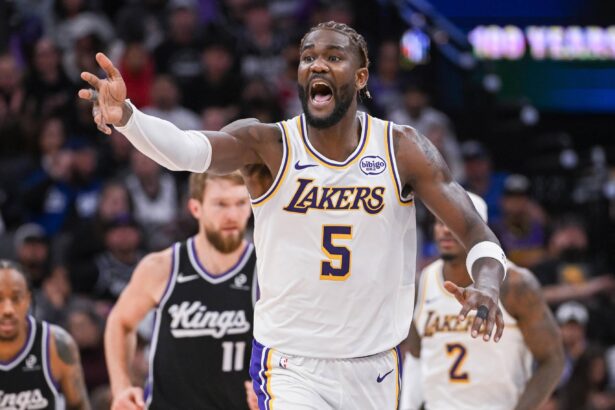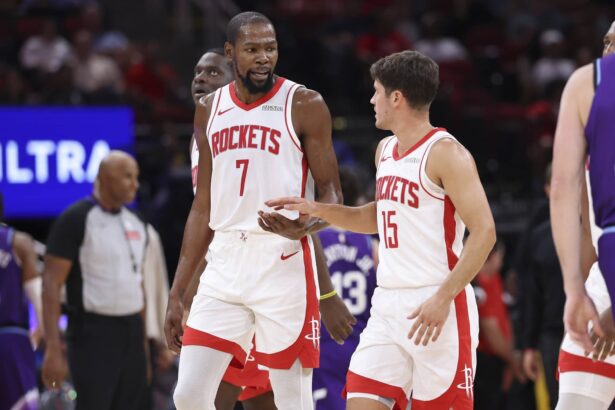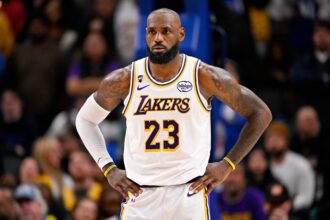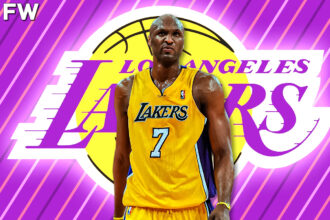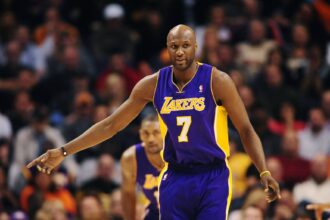John Salley didn’t mince words when asked if he agreed with Dennis Rodman’s infamous take that Larry Bird would’ve been “just another guy” if he were Black. On the OGs Podcast, Salley responded with passionate defiance:
“No, I don’t. Totally don’t agree. Larry Bird could have been green, he could have been—he could have been purple.”
“At that point with Larry Bird, color had nothing to do with it. He was better than all the Black guys I know.”
“Bernard King was my favorite player. Period. If you were to ask me, and you were to say, ‘Who’s your favorite player growing up?’ Bernard King. Number two, Dr. J. But Bernard King was my favorite player. So Bernard gave him numbers, but he gave Bernard numbers.”
“So I just know Larry Bird was great no matter what color. I love that man. The fact that he was on the Celtics was… The NBA was very smart about how they did that. But if he would have played for Indiana, Indiana would have won the championship.”
Dennis Rodman’s original quote, made during the height of his rivalry with Bird in the 1980s, came at a time when race and respect in the NBA were central topics. Rodman argued that Bird’s acclaim was exaggerated because he was white in a league dominated by Black stars. But in the years since, even Rodman has walked back those comments, admitting they were a mistake born out of youth and ignorance. “
Salley, who played alongside Rodman on the Detroit Pistons and saw Larry Bird up close during countless wars with the Boston Celtics, didn’t entertain any ambiguity. To him, Bird transcended skin color.
Salley even joked in another interview that Bird was “a Black guy that bleached his skin just so he wouldn’t get in trouble going downtown Indiana.” That quote, equal parts humor and admiration, speaks volumes. In Salley’s eyes, Bird had the heart, toughness, and swagger traditionally associated with Black players during that era—but combined with a sharpshooter’s touch and a savant-like understanding of the game.
Bird’s reputation wasn’t just built on his scoring or shooting. It was his trash talk, his fierce competitiveness, and his ability to back it up. Back in 1986, Bird walked into a three-point contest locker room looking around at a group of Black players, and saying, “Which one of you you-know-whats is gonna finish second?”
Then he went out and won the event. Isiah Thomas once shared that Bird was offended when white defenders were assigned to guard him, as though it was an insult to his game. “He’d look at me and go, ‘Cheesy, you ain’t got no brothers? This is disrespectful.’”
Whether he was stealing the ball to win a Game 5 or talking smack to Dennis Rodman mid-series, Bird played like he had something to prove—and he proved it, over and over.
Salley’s words don’t just defend Bird’s legacy, they add another layer: that race didn’t elevate Larry Bird, talent did. And to Salley, that talent placed him above almost everyone, regardless of color.

